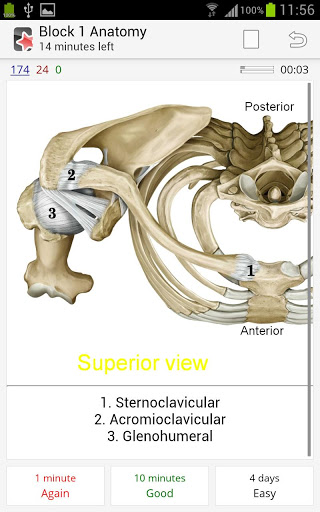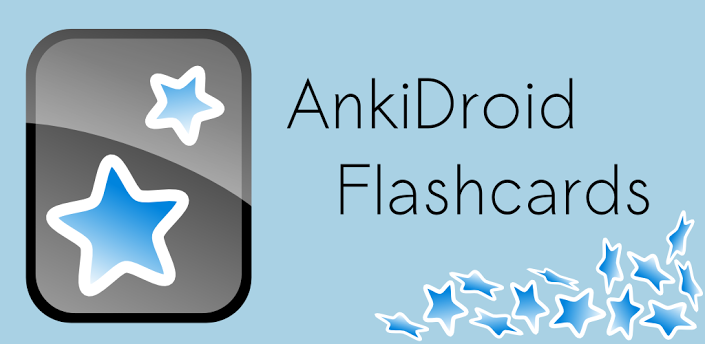Mobile technology for psychologists
Publié le: Tuesday, April 16, 2013
Auteur: Jocelyn Morettini, M.Ps.
Nous vous recommandons d'aller consulter l'excellent contenu de Mobile technology for psychologists.

Being neuropsychologist or psychologist you will have, at one point or another, to encourage your patients to learn new materiel. A traumatic brain injury patient might have to learn the names and faces of its therapists, but could not. A stroke patient might have aphasia or visual agnosia, and he would need cognitive remediation. Your patient with relational problems might need to remind himself of his maladaptive schema triggers. The scenarios are endless, has there are subjects to be learned.
What Anki does for you and your patient is to give you a learning platform based on flashcards. On one side you have the question, and on the other the answer. Everything is customizable to your liking. You can use text, picture, audio or even video on all flashcards. You simply use the medium that is appropriated to the materiel that you want to learn. Now, where Anki becomes a real innovative tool is in its capability to create statistics and different frequency of repetitions based on your learning curve. Each time you answer, Anki will ask you to what level was it easy for you to get the it right. According to that, the program will plot a recurrence frequency that will suit your needs. You will also be able to distribute that frequency on a timeframe of your choice. That is to say that you can learn intensively for a week or in your spare time over the next month, it’s your choice to make.
For more information visit the ANKI web site [here]
